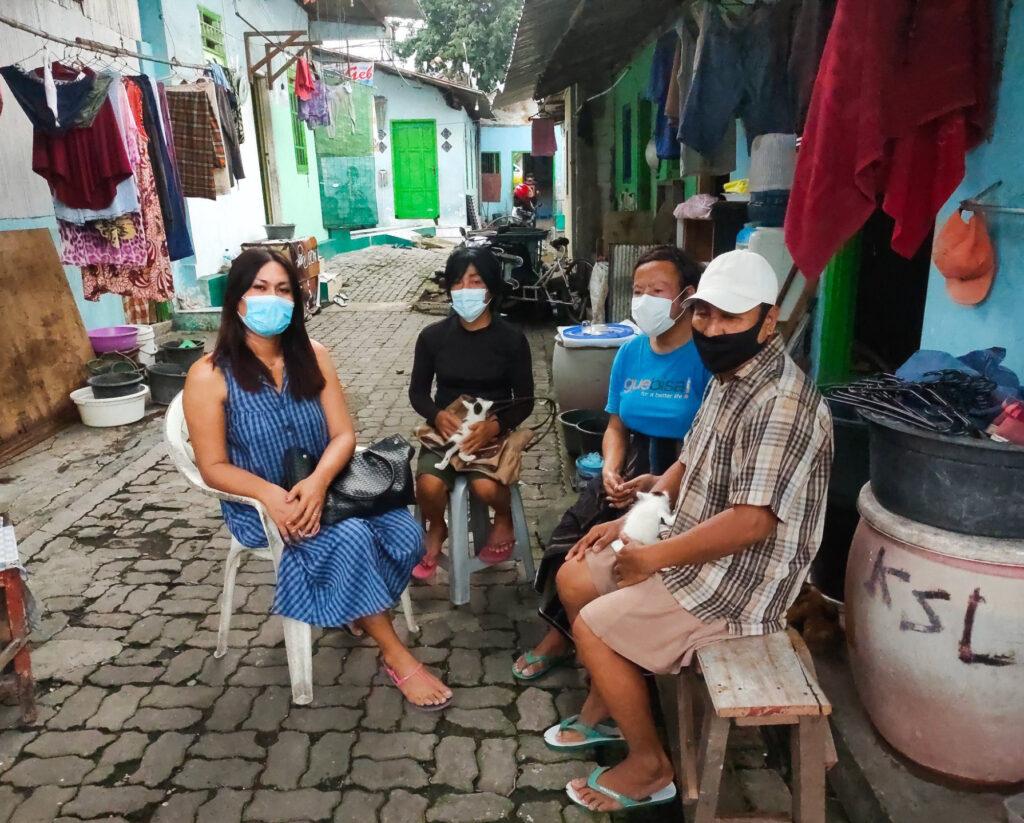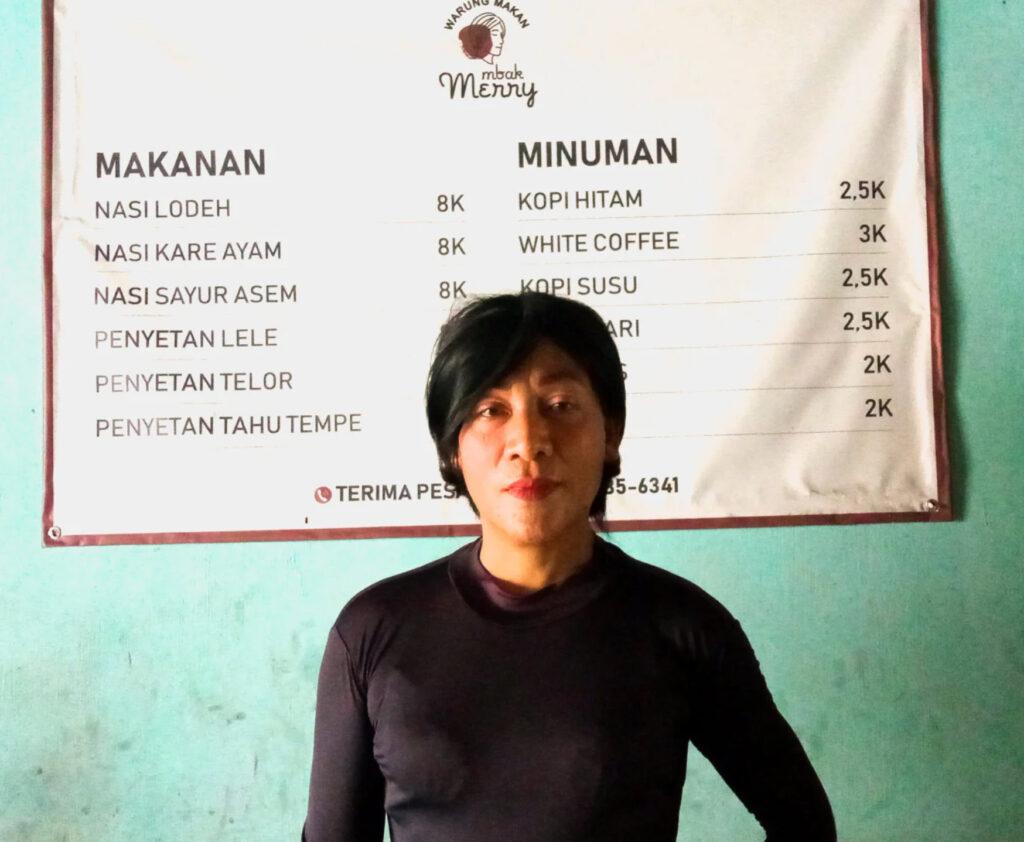Tough times for trans Indonesians, battered by Covid and the label ‘LGBT’
Colin Stewart is a 45-year journalism veteran living in Southern…
The adoption of the label “LGBT” for Indonesia’s sexual minorities has increased their visibility but also made them a target of conservatives’ hostility, according to author/researcher Hendri Yulius Wijaya. Covid-19 restrictions have also taken a toll on Indonesian transgender communities, says the spokesperson for the trans advocacy group Perwakos.

Because many trans women make their living as buskers, restrictions on access to public places has been a hardship. That was especially difficult in 2020 and 2021.
“With the current relaxation of the restrictions, we can now work again,” said Febby Damayanti, 37, a trans woman performer and make-up artist. Damayanti is a spokesperson for the advocacy group Perwakos in Surabaya, Indonesia’s second-largest city. The organization, with 586 members, is funded through subscriptions and public donations.
Damayanti described the issues facing the trans community in an article published Jan. 23 in This Week in Asia, which is the source for the text below:
Damayanti said that in her experience the demand for transgender shows was stronger outside big cities like Surabaya.
“People in small towns and rural areas are generally more welcoming to us. That’s where most of our bookings come from now. Our performances rely on comedy a lot. We poke fun at gender roles in society and people laugh at that.”
Back in the 1990s, comedy and cabaret shows put on by transwomen were popular even in the big cities.
Today, while transgender performers can still find acceptance in Java’s hinterland, attitudes in major urban centres like Surabaya are increasingly conservative.
The shift took place in the mid-2000s at the same time as the term LGBT (lesbian, gay, bisexual, and transgender) came into popular use in Indonesia, according to Hendri Yulius Wijaya, the author of Intimate Assemblages: The Politics of Queer Identities and Sexualities in Indonesia.
“The use of the term LGBT has made people more aware [of the existence of the LGBT community] and that has also resulted in more hostility towards LGBT individuals,” Wijaya said.

He said the introduction of a foreign term to describe sexual minorities had helped politicians exploit the issue to score points with conservative and ultranationalist elements.
Wijaya gave the example of how, in 2016, then defence minister Ryamizard Ryacudu claimed the LGBT movement was an example of the “proxy war” waged by foreign countries to “destroy Indonesian cultures without firing a shot”.
A public poll by Saiful Mujani Research and Consulting in 2018 suggested that 87.6 per cent of the Indonesian public saw LGBT individuals as a threat to society.
“Some of them were HIV positive and ended up being evicted from their homes by their relatives and neighbours, which made matters worse,” Damayanti said, “but this is essentially an ongoing problem faced by many transwomen, which is why Perwakos is now appealing to the public for donations to set up a safe house where we can take care of senior transwomen who have fallen on hard times.”
She said that, for many transgender people, the indignities suffered did not end even in death. Many do not have identity cards because Indonesian law does not recognise transgender identities. Consequently, when transgender people living alone die without anyone claiming their bodies, social services bury them in unmarked shallow graves usually reserved for unidentifiable vagabonds.
“This recently almost happened to one of our members but in the end we scrambled enough money together and, assisted by the social services, we gave our friend a decent burial. Transwomen are very resilient people and we get through a lot but even we need a bit of help and sympathy from time to time.”




